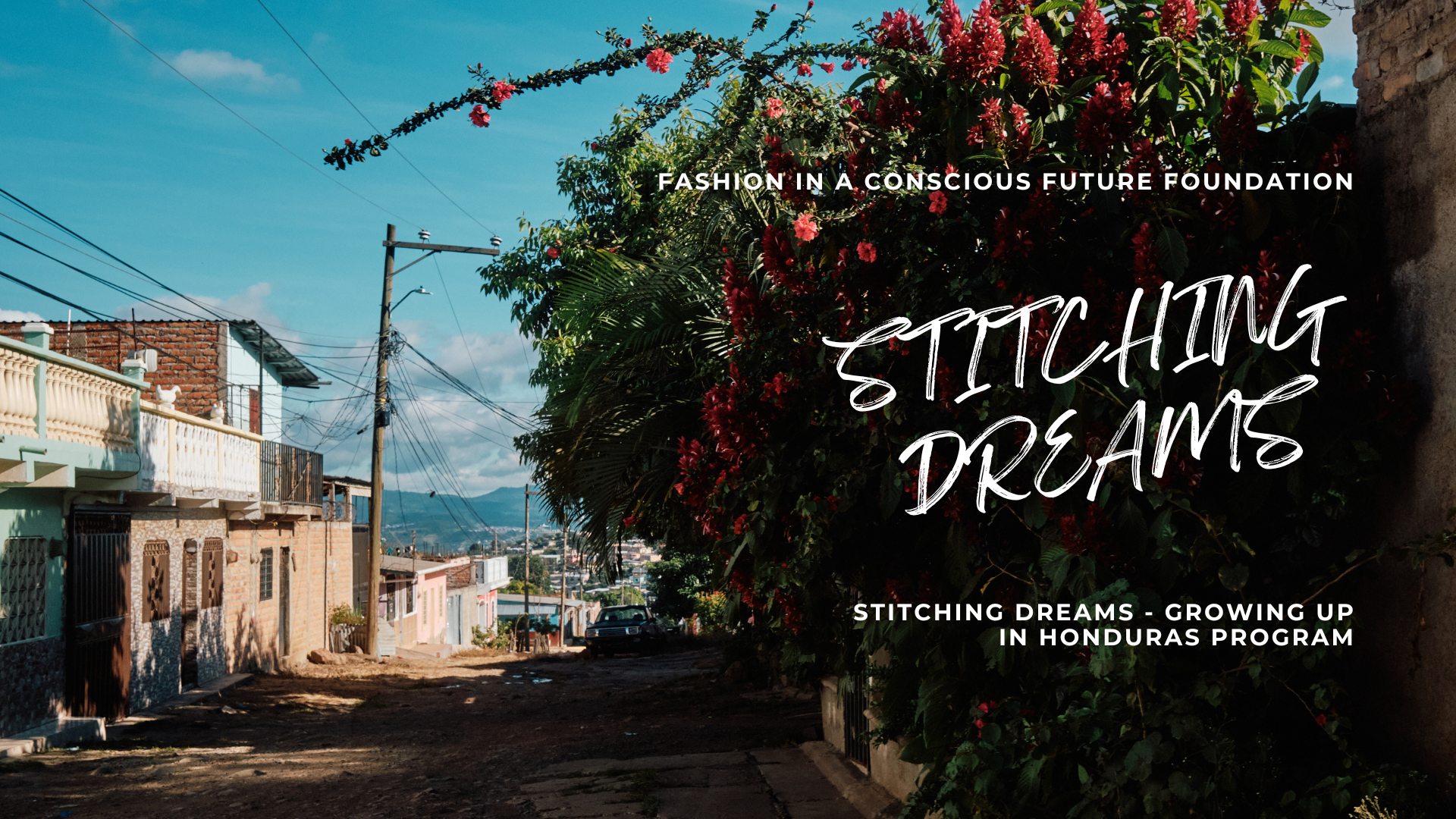For Children in Honduras
Background:
Honduras is one of the most vulnerable countries in Latin America, battered by storms and hurricanes. Over six million people live on less than $5 a day. Children and the elderly are the most exposed to poverty in Honduras. One in three young Hondurans is illiterate, often linked to poor nutrition. Going to school every day is sometimes an unattainable dream, as families cannot afford the $40 fee.
Project Introduction:
FICFF has joined hands with ACOES, a non-profit international development organization with over 25 years of experience, to address the heartbreaking realities faced by Honduran communities and raise funds for the basic living needs and education of local children.
In October 2024, the FICFF team visited ACOES’s Youth Training Center in Colonia Monterrey, where 300 university students, all from impoverished backgrounds, balance their studies with managing projects for 12,000 younger students across Honduras. The FICFF team also visited several schools established by ACOES in the poverty-stricken outskirts of Tegucigalpa, including St. Teresa, Virgen Suyapa, and St. María. These schools offer free education to children who might otherwise have none.
Many children from remote mountain areas begin their day as early as 4 a.m., traveling long distances in donated buses to get to school. Access to essentials remains scarce—safe drinking water is a luxury, and nutritious food is a constant concern. Resources such as computers, musical instruments, and school supplies are primarily donations from international sponsors.
Donation Instructions:
- $20 is the average monthly cost for a child in Honduras to cover essential needs such as food, housing, and education. Donations of any amount are welcome. All funds will be transferred by FICFF Foundation to ACOES (a non-profit organization with over 25 years of experience in Honduras).
- Donors will receive an electronic donation certificate and invoice issued by FICFF Foundation, and a thank-you card from the children in Honduras.
- The FICFF Foundation is a non-profit 501(c)3 charitable organization. Your contribution is tax-deductible to the extent allowed by law.
Join us in working together to improve the living conditions and educational opportunities for local children.
The Days in Honduras: How FICFF Explored Local Communities to Inspire Change and Empower Children
Weaving a Brighter Future: How FICFF’s Stitching Dreams Program Brings Hope to Honduras’ Children
Tegucigalpa, Honduras – In the heart of Honduras, a country where over six million people live on less than $5 a day, a meaningful partnership has formed.
The Fashion in a Conscious Future Foundation (FICFF) has joined hands with ACOES, a non-profit international development organization with over 25 years of experience, to address the heartbreaking realities faced by Honduran communities. Together, they are working toward a sustainable future focused on education, empowerment, and community resilience.
On October 23-25, 2024, FICFF’s team visited ACOES’s centers in Tegucigalpa, meeting with students, educators, and volunteers dedicated to create new opportunities in one of Central America’s poorest countries. The visit brought FICFF team face-to-face with the resilience of young Honduran children despite daily obstacles. FICFF founder Yitong Qin and member Rui Xu spent time with students in multi-purpose dormitories and classrooms, witnessing firsthand the transformative impact of support, compassion, and structured education.
ACOES’s Youth Training Center in Colonia Monterrey was one of the team’s first stops. Here, 300 university students, all from impoverished backgrounds, balance their studies with managing projects for 12,000 younger students across Honduras. These young leaders contribute to a unique, self-sustaining model. At a young age, they are able to oversee areas like logistics, administration, and community outreach, while creating a strong sense of ownership and responsibility among themselves.
In addition, the FICFF team also visited several schools established by ACOES in the poverty-stricken outskirts of Tegucigalpa, including St. Teresa, Virgen Suyapa, and St. María. Situated in vulnerable neighborhoods, these schools offer free education to children who might otherwise have none. The faculties are made up of teachers who volunteer their time and two priests. These schools provide a safe and nurturing environment where students can just focus on learning and growth rather than their struggles outside the classroom.
Alvaro Ramos, a dedicated ACOES member and a Catholic priest, shared the harsh realities faced by the community. Many children from remote mountain areas begin their day as early as 4 a.m., traveling long distances in donated buses to get to school. Access to essentials remains scarce—safe drinking water is a luxury, and nutritious food is a constant concern. Resources such as computers, musical instruments, and school supplies are primarily donations from international sponsors. Despite these circumstances, the students show remarkable spirit and gratitude through simple acts of kindness, like sharing embraces with visitors or proudly displaying their artwork crafted from repurposed plastic bags.
Moreover, Alvaro Ramos also demonstrated that, for each student, the average monthly cost to cover basic food, housing, and education is only $20. This amount, while modest by international standards, provides only the bare minimum needed for these young people to continue their studies. In regions like Europe and America, $20 might only be enough to buy lattes for two mornings, yet the same amount could be sufficient to sponsor a child’s education and living essentials in Honduras, potentially transforming lives.
The FICFF’s collaboration with ACOES goes beyond just basic aid—it is more a dedication to uplift Honduran youth, and transform their hardship into hope. As the second poorest country in Latin America, Honduras faces pressing issues that demand a long-term, impactful approach, one that builds self-sufficiency and instills change from within. By empowering the young generation and their communities, FICFF and ACOES are igniting the hope to break the cycle of poverty, offering children the education, resources, and skills needed to become agents of change in their country.
























































